
Some of today’s most famous bands got their names by paying tribute to songs that inspired them, linking their identity to music history.
Sometimes the perfect band name doesn’t come from a brainstorm or a book — it comes from a record. Over the years, plenty of artists have paid tribute to the bands they love by naming themselves after songs. It’s a quiet nod, a musical inside joke, and often a sign of what inspired their own sound. Here's a look at some well-known bands who borrowed their name from another artist’s track — and what that says about their roots.
Radiohead – Named after: “Radio Head” by Talking Heads
Before they became one of the most influential bands of their generation, Radiohead were just a group of teenagers in Oxfordshire performing under the name On a Friday. That changed when they signed to EMI in the early '90s. The label asked for a new name, and they landed on Radiohead, pulled from the 1986 Talking Heads song “Radio Head” on True Stories. Both bands are known for pushing musical boundaries, so the tribute felt fitting.
The Rolling Stones – Named after: “Rollin’ Stone” by Muddy Waters
When Brian Jones was asked for the band’s name during an early phone interview, he glanced at a Muddy Waters record and named the song playing: “Rollin’ Stone.” The blues influence is baked into the Stones’ identity, especially in their early years. The name also influenced the title of Rolling Stone magazine and Bob Dylan’s song “Like a Rolling Stone,” securing its legacy in music history.
Deep Purple – Named after: “Deep Purple” by Nino Tempo and April Stevens
It’s hard to picture Deep Purple — the hard rock pioneers behind “Smoke on the Water” — named after a dreamy 1930s ballad. But that’s exactly what happened. Guitarist Ritchie Blackmore’s grandmother loved the song “Deep Purple” by Nino Tempo and April Stevens, a sentimental hit from 1963. The band was initially intended to be a working title and never changed it. However, the name stuck, even as the music moved in a much louder direction.
Mr. Big – Named after: “Mr. Big” by Free
Before their breakout hit “To Be with You” made them a household name in the early '90s, Mr. Big was a band of seasoned rock musicians looking for a name that packed a punch. They took it from the 1970 song “Mr. Big” by British rock band Free — the same group known for “All Right Now.” It was a way of tipping their hat to the bluesy hard rock sound they admired, while carving out a name of their own.
Death Cab for Cutie – Named after: “Death Cab for Cutie” by the Bonzo Dog Doo-Dah Band
Ben Gibbard’s indie-rock band got its name from a 1967 song by the British comedy rock group Bonzo Dog Doo-Dah Band. The track, a satirical and over-the-top ballad, appeared in the Beatles' Magical Mystery Tour film. Gibbard felt the name suited his band’s style — offbeat, obscure, and slightly theatrical.
Big Star – Named after: “Big Star” by Hot Chocolate
Power pop heroes Big Star took their name from a 1971 track by British soul-funk outfit Hot Chocolate. The band’s shimmering guitar pop never quite reached mainstream success during their active years, but the name Big Star was both hopeful and ironic. Today, they’re seen as a major influence on alternative and indie rock, living up to the name in hindsight.
Jet – Named after: “Jet” by Paul McCartney and Wings
Australian rockers Jet burst onto the scene in the early 2000s with loud guitars and classic rock swagger. Their name came from the Paul McCartney and Wings hit “Jet” — a high-energy, brass-filled rocker from Band on the Run. The song’s punchy rhythm and catchy hooks match Jet’s own retro style.
The Sisters of Mercy – Named after: “The Sisters of Mercy” by Leonard Cohen
Goth rock band The Sisters of Mercy took their name from a Leonard Cohen ballad. While Cohen’s version is soft and poetic, the band’s take on “mercy” comes with drum machines, fog, and a darker edge. The name hints at the band’s literary influences and the layered mood of their music.
The Kooks – Named after: “Kooks” by David Bowie
British indie band The Kooks took their name from David Bowie’s 1971 song on Hunky Dory, which he wrote for his newborn son. The track is both sweet and unconventional, and the band connected with that vibe, bringing a similar playful, melodic energy to their music. Choosing “Kooks” was a nod to their own oddball charm.
After the Fire – Named after: “After the Fire” by Pete Townshend
British band After the Fire took their name from a song Pete Townshend wrote for Live Aid, performed by Roger Daltrey. Known for their mix of rock and synth-pop, the band captured the idea of rising from chaos — which the name "After the Fire" suggests.
Motörhead – Named after: “Motorhead” by Hawkwind
Lemmy Kilmister named Motörhead after the last song he wrote for his former band Hawkwind. The word itself is slang for a speed freak, and it perfectly matched Lemmy’s fast, loud, and unrelenting musical style. Motörhead didn’t just live the name — they were the name.
From subtle nods to bold tributes, these bands wore their influences on their sleeves. Naming themselves after favorite songs tied them to a larger musical tradition — and often gave fans a clue about what kind of sound to expect. It’s one more reminder that in music, inspiration is everywhere — even in someone else’s lyrics.
Sources:
- Rolling Stone
- Songfacts.com
- AllMusic
- NME
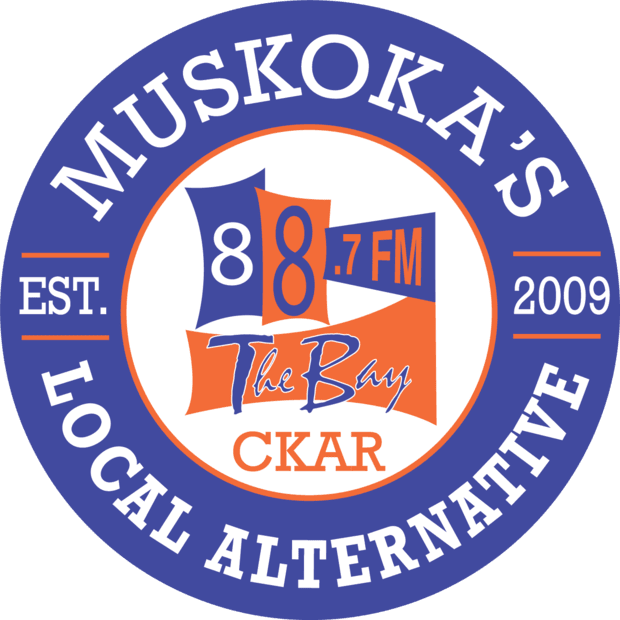


 New Music Monday: Five Tracks that look to the return of the sun
New Music Monday: Five Tracks that look to the return of the sun
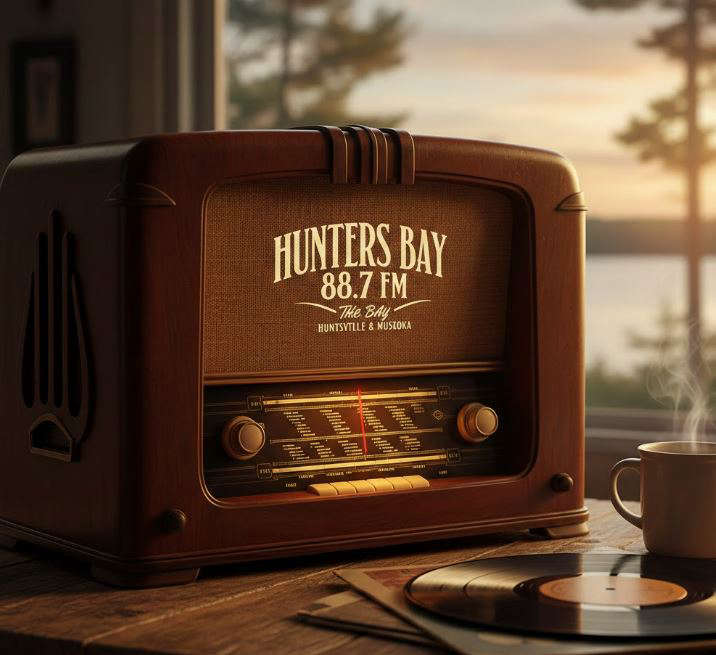 World Radio Day - Radio's Enduring Power: Past, Present, Future
World Radio Day - Radio's Enduring Power: Past, Present, Future
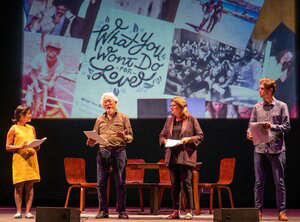 Huntsville Festival of the Arts to Feature David Suzuki in Hybrid Theatre Performance
Huntsville Festival of the Arts to Feature David Suzuki in Hybrid Theatre Performance
 Mississippi Rock Legend Brad Arnold, Voice of 3 Doors Down, Dies at 47
Mississippi Rock Legend Brad Arnold, Voice of 3 Doors Down, Dies at 47





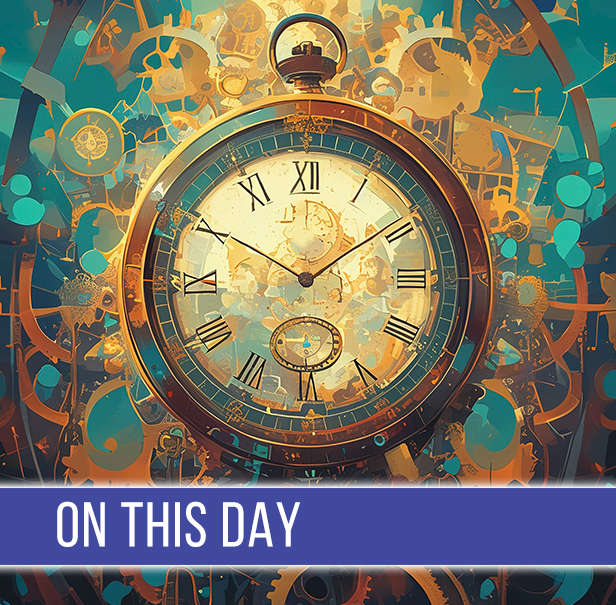

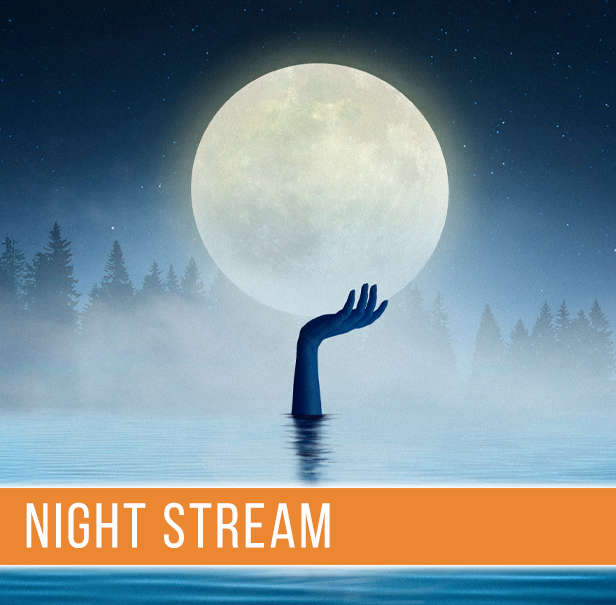
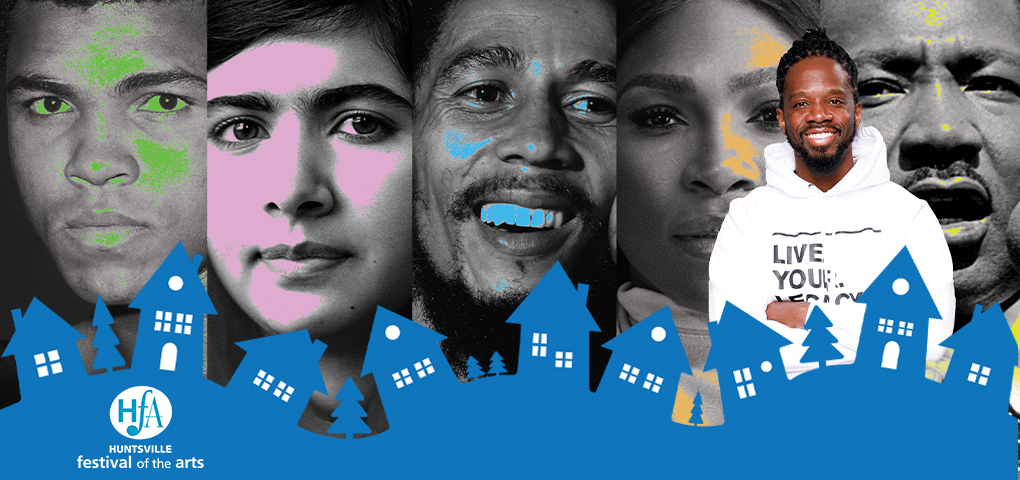

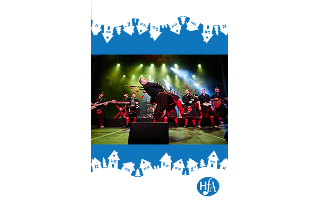

Comments
Add a comment